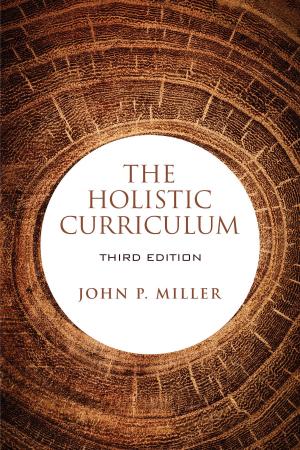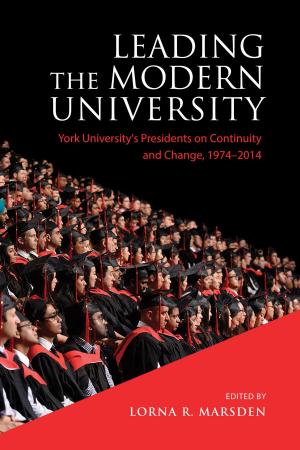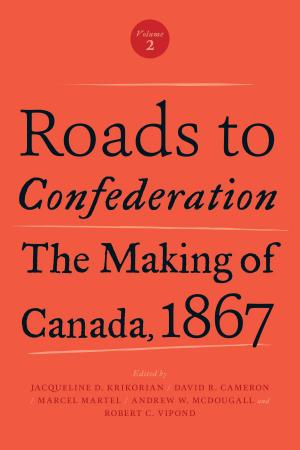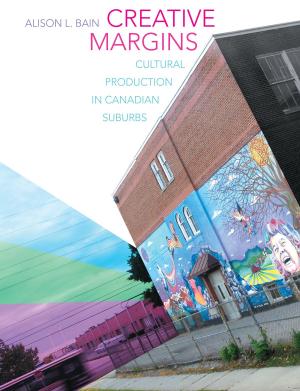The Poetry of Francisco de la Torre
Fiction & Literature, Literary Theory & Criticism, European, Spanish & Portuguese, Poetry History & Criticism| Author: | John Hughes | ISBN: | 9781487590338 |
| Publisher: | University of Toronto Press, Scholarly Publishing Division | Publication: | December 15, 1982 |
| Imprint: | Language: | English |
| Author: | John Hughes |
| ISBN: | 9781487590338 |
| Publisher: | University of Toronto Press, Scholarly Publishing Division |
| Publication: | December 15, 1982 |
| Imprint: | |
| Language: | English |
Francisco de la Torre has long been praised as an outstanding poet in the mould of Garcilaso de la Vega and his simplicity of style and soft, gentle, Arcadian environment of his poetry have been emphasized.
In this volume Professor Hughes attempts to define more accurately the position of Francisco de la Torre's verse in the evolution of Spanish poetry in the sixteenth century, revealing that Torre's vision of the pastoral world and his poetic language show him to be a transitional poet of considerable quality and substance and not merely an imitator of Garcilaso.
Hughes demonstrates that while some of Torre's poetry follows a general pastoral pattern, his descriptions are characterized by a sense of movement through a shifting perspective and that even in poems with a traditional pastoral setting, the descriptions sometimes negate the pastoral qualities. The author also shows that Torre, rather than looking back towards Garcilaso and his contemporaries, is already anticipating – especially in his stylistic technique and in his view of nature – the attitude of the seventeenth century.
Francisco de la Torre has long been praised as an outstanding poet in the mould of Garcilaso de la Vega and his simplicity of style and soft, gentle, Arcadian environment of his poetry have been emphasized.
In this volume Professor Hughes attempts to define more accurately the position of Francisco de la Torre's verse in the evolution of Spanish poetry in the sixteenth century, revealing that Torre's vision of the pastoral world and his poetic language show him to be a transitional poet of considerable quality and substance and not merely an imitator of Garcilaso.
Hughes demonstrates that while some of Torre's poetry follows a general pastoral pattern, his descriptions are characterized by a sense of movement through a shifting perspective and that even in poems with a traditional pastoral setting, the descriptions sometimes negate the pastoral qualities. The author also shows that Torre, rather than looking back towards Garcilaso and his contemporaries, is already anticipating – especially in his stylistic technique and in his view of nature – the attitude of the seventeenth century.















